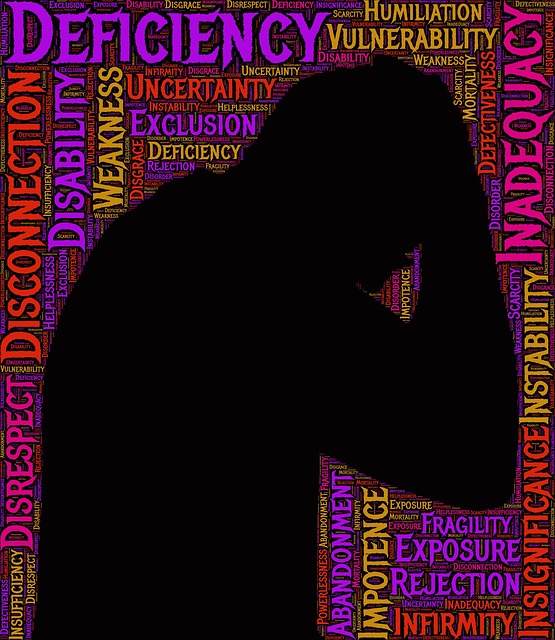Awareness: The 6 Most Common Personality Disorders
Personality disorders are common mental health problems and in England alone around 1 in 20 people are affected by them.
In a survey of 8,000 people chosen at random, the six most common personality disorders were found to be:
- obsessive compulsive disorder – found in around 2% of people
- schizoid disorder
- avoidant disorder
- paranoid disorder
- borderline disorder
- antisocial disorder – found in less than 1% of people
The six most common personality disorders affect individuals in different ways in terms of how they think, understand, feel and relate to other people. This can lead to odd behaviour, which is distressing for them and the people around them. That’s why the support from people in mental health jobs is essential.
Common symptoms of personality disorders can include:
– feelings of extreme stress, worthlessness or anger that the individual cannot control
– not wanting to be around other people
– difficulty managing negative situations without using drugs or alcohol as a crutch
Several different types of personality disorder are recognised and can be put into one of three categories . The six most common personality disorders fall into these. A person with a cluster A personality disorder finds it difficult to relate to others and typically displays patterns of odd behaviour which some may describe as ‘living in their own little world’. They often find it difficult to trust and can be very suspicious. A person suffering from a cluster B personality disorder has problems with managing their feelings and often has erratic mood swings. A person with a cluster C personality disorder suffers from constant, overwhelming, fear and anxiety. They may show patterns of behaviour most people would regard as antisocial and withdrawn.
They may be painfully shy, feel inadequate and be very scared of rejection. On the whole, a lot of people recover from personality disorders. Treatment is sometimes needed, but more often than not all that is required is support. Of course this depends on the severity of the personality disorder. Unfortunately, there is no one cure that fits all, and therefore treatment must be bespoke to the individual’s own requirements.
More information about mental health jobs and the help available to help mental health staff meet the challenges of personality disorders can be found at Sanctuary Health.







